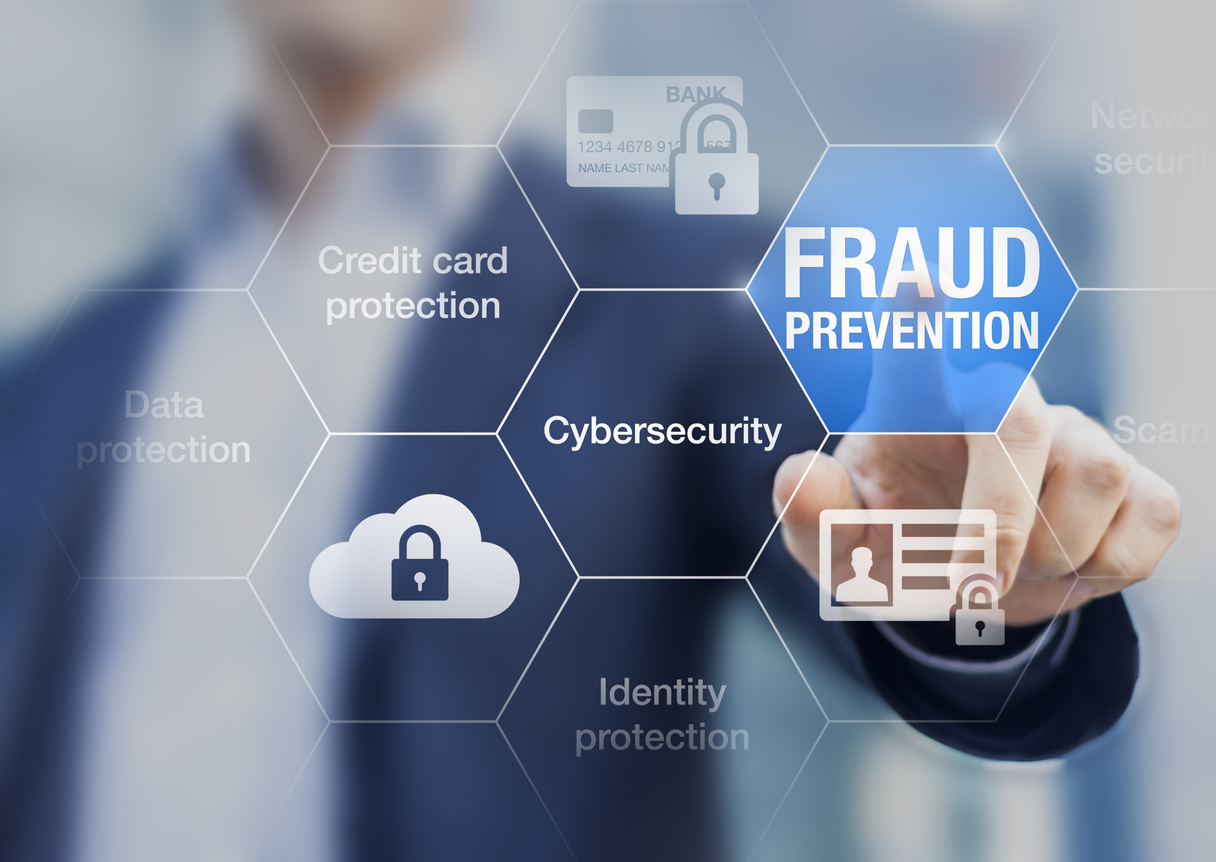

How can I protect my business?
If you own a small business or are part of a non-profit organization, you spend a lot of time and effort making sure the organization works well. But when scammers go after your organization, it can hurt your reputation and your bottom line. Your best protection? Learn the signs of scams that target businesses. Then tell your employees and colleagues what to look for so they can avoid scams.
For more tips on protecting your organization from scams, visit FTC.gov/SmallBusiness
Scammers' tactics
- Scammers pretend to be someone you trust. They make themselves seem believable by pretending to be connected with a company you know or a government agency.
- Scammers create a sense of urgency. They rush you into making a quick decision before you look into it.
- Scammers use intimidation and fear. They tell you that something terrible is about to happen to get you to send a payment before you have a chance to check out their claims.
- Scammers use untraceable payment methods. They often want payment through wire transfers, reloadable cards, or gift cards that are nearly impossible to reverse or track.

